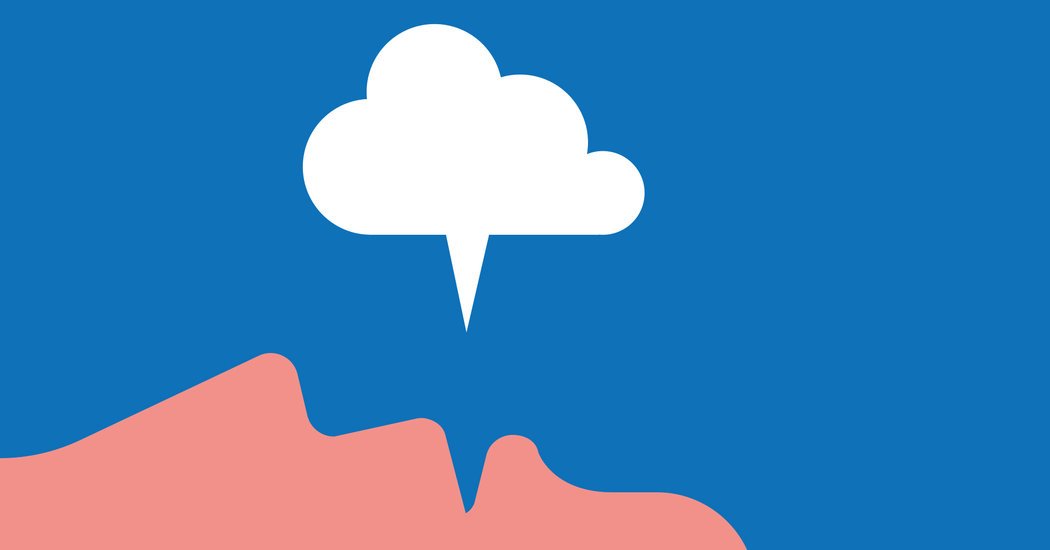Once upon a time there was the social network: that place where people started putting their data and some photos, in 2003, and then ended up dancing like chimpanzees in the zoo, in 2022. The last nail in the coffin? Facebook's TikTok-style redesign.
The social network has turned the internet upside down, it's not a gamble to say it. Its rise (and subsequent spread to smartphones around the world) has shaped user experiences (and behaviors) over the past 15 years.
Today, from a place where the central element is contacts and friends, social media wants to become a place where experiences are "served on a plate" by an algorithm that shows the user what he likes from all the sea of content from users, friends or strangers. More strangers, actually.

Will Facebook make more Tiks or more Toks?
After the advent of the Chinese platform, even the dominant player in social media (Meta) is transforming into a sort of digital mass media, in which the reactions of hordes of anonymous users, processed by machine learning, guide the selection of our contents. Our experience. Our purchasing choices. Virtually everything.
Facebook and rivals they coined a term that makes the passage clear. If Google is a search engine, the upcoming social network proposes itself as a "discovery engine". In fact, it spits, sorry: it scientifically recommends content from anyone who might catch our attention.
The model, preferred by the very young and young (therefore by the adult users of tomorrow) is that of a sort of old mutant 80s TV. An appliance with an infinite number of context-free channels, between which you can zap at high speed.
Social network at sunset by will and by necessity
It is not just the desire to lead users to more complete and multimedia experiences. It is also a need to keep profits high in a world where regulators are breaking down current advertising models.
Bad end for a "stunt" that promised free expression and democratic emancipation since 2006. Thought and speech, “regulated” for profit, have transformed human relationships into a money-making machine. Staying for hours on Facebook (between one argument and another) allowed the platform to target users with precise ads that made the fortune of many small companies (and Zuckerberg). Facebook has gradually surpassed the old MySpace, absorbed Instagram and defended the fort from aborted attacks (Google+).
Then the serious problems began
The enormous flow of data (among which only those that captured attention were 'rewarded') pushed users to 'raise' their voices to get noticed. Result? Facebook has become an engine of extremism, misinformation, hate speech and so on and so forth.
TikTok also shares some of these problems: the contents are even more disconnected from social ties, and the flow already forces us to 'raise our voices'. Users compete to do increasingly stupid or sensational things, or to sexualize all kinds of content by exploiting their attractiveness (when it exists).

The “discovery engine” model will kill social networks
The era in which social networks served as the primary Internet experience for most users is moving behind us. This applies to everyone, including Twitter (especially in light of the long legal battle that prospects with Musk).
The main players (read: Meta) will keep the current platforms standing for one purpose: to get the money to finance what comes next, that metaverse which perhaps will resurrect the social network in its new form.
Meanwhile, the messengers will continue to grow: Whatsapp e Facebook Messenger above all. They are the ones who will take up the legacy of the old social network, while the platforms are transformed into phantasmagoric TVs full of foolishness (I don't want to be an old barn owl, there are also very funny things).
In other words, a bipolar world, in which users will be "entertainers" on the platform, and will maintain relationships via messenger. There is also room for other players, in this game that is being played in the twilight of social networks: I will make my friend Toni happy by telling you that Discord has a lot of room for growth.
Nothing better to focus again on the sense of community, while the world amuses itself with the somersaults of a random stranger.


